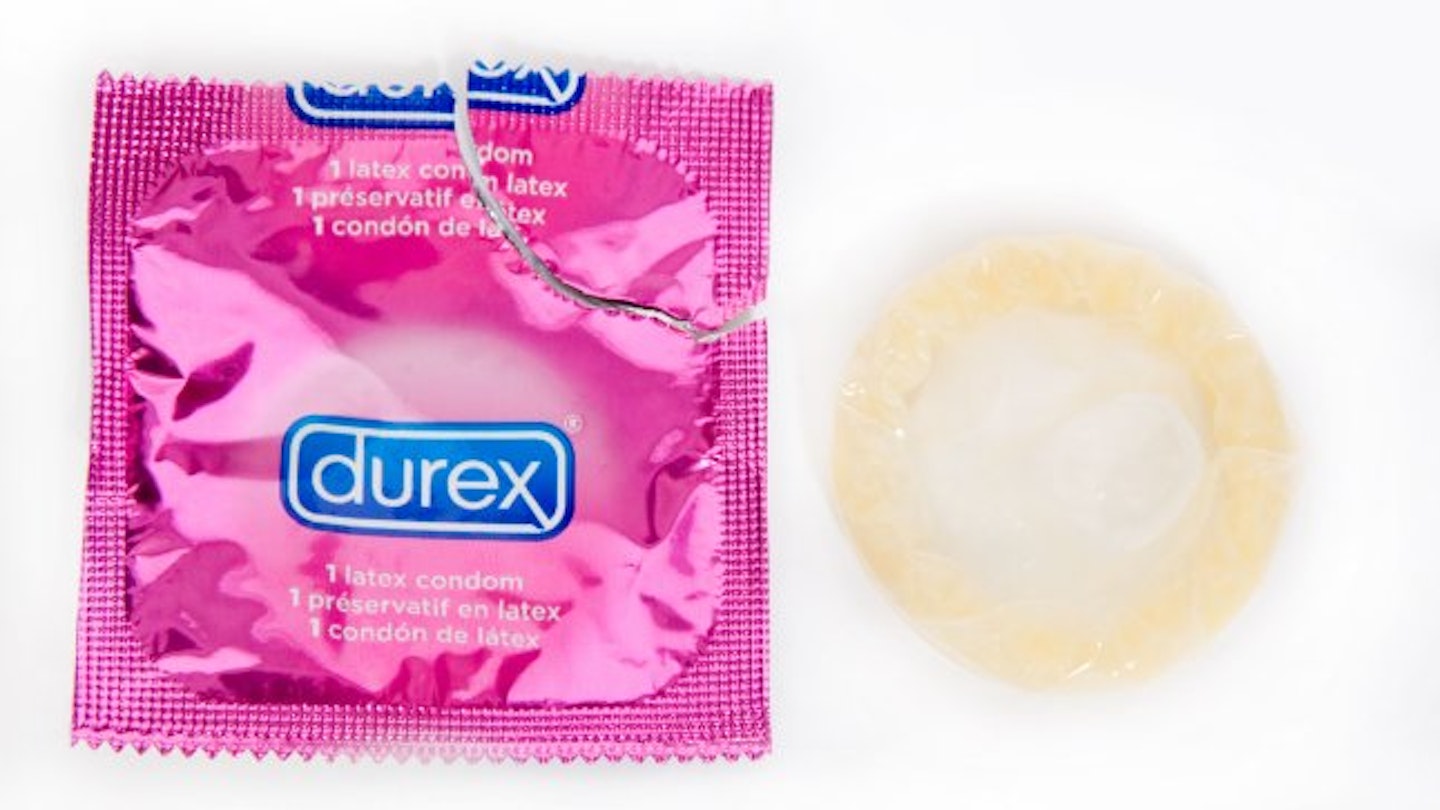The Institute has encouraged school nurses to have the ability to dispense condoms and emergency contraceptive pills in advance - in a bid to reduce teen pregnancy rates in England, which is one of the highest in Europe.
Closer writer Ellie Hooper says:

'Roger Goss, from Patient Concern, is worried that providing girls with the morning-after pill in advance will 'encourage promiscuity.'
This comment is as ludicrous as it is damaging.
Teenagers have sex. The ready availability of contraception is not going to stop them, but it will prevent the trauma of an unwanted pregnancy with everything else that could entail - dropping out of school, potentially having to leave home, not being able to get a full time job, and struggling emotionally and financially.
Whilst there still needs to be plenty of education on using condoms and longer-lasting types of contraception, giving a girl the emergency pill on the off-chance that she might need to use it, is not going to make her promiscuous.
It simply means that in the event of a condom breaking, a young person can prevent an unwanted baby from coming into the world - and the quicker that pill is taken after the event, the more effective it is.
Coming from a small town in Hampshire, where contraceptive services were not in abundance in my youth, I would've had to travel miles from my home in order to get emergency contraception if I'd needed it - something which a teenager in the city would perhaps not have to worry about as much. It's for teenagers in these areas that I feel this move would most benefit.
Isn't it time that we started taking a leaf out of the Dutch's book, where they are open and helpful about teenage sex, and making sure the things that can help prevent unwanted pregnancies and STIs are shared and available to teenagers? I think so.
Closer writer Kayleigh Dray says:

I do agree that teenagers have sex and that it is something we should be educating them on, but providing young girls with the morning-after pill in advance does not give out the right message.
It goes without saying that offering the morning after pill free over the counter has NOT reduced the number of teenage pregnancies - and, according to a report by experts at The University of Nottingham, it may be associated with a rise in sexually-transmitted diseases (STIs).
The study found that offering teenagers the morning-after pill over the counter has had no effect in reducing teenage conception rates and there was even some evidence that pointed to a small increase in the number of pregnancies.
It was also linked to a 5% increase in STIs in the under-18 age group and a 12% hike in under-16s.
So why should we expect handing out the morning-after pill to teenagers in advance will have a better effect?
We should be teaching teenagers to use condoms, not just to prevent unwanted pregnancy, but to also prevent the spread of sexually transmitted infections and diseases. It's impossible to deny that, in the heat of the moment, plenty of us - adults included - consider having sex without protection. If we know we have easy access to a morning after pill, we may be more likely to go ahead with it and just take the pill the next morning to stop an unwanted baby coming into the world.
The morning after pill should be used as it is intended - as a last resort - when a condom has broken, the monthly pill has been missed or contraception forgotten all together. It should not be offered out as an alternative. Even adults would be tempted to skip out on the kerfuffle of a condom if they had a pill handy - and the same is true of teenagers.
It is up to parents to make sure their children are fully aware of the consequences when they go into a sexual relationship. And, while it is sensible for schools to hand out condoms in advance, handing out the emergency pill in the same fashion does not promote the idea of "safe sex".
Perhaps they could, instead, make it possible for teenagers to meet with the school nurse and ask for an emergency pill, if they need it, instead?
